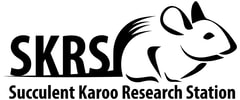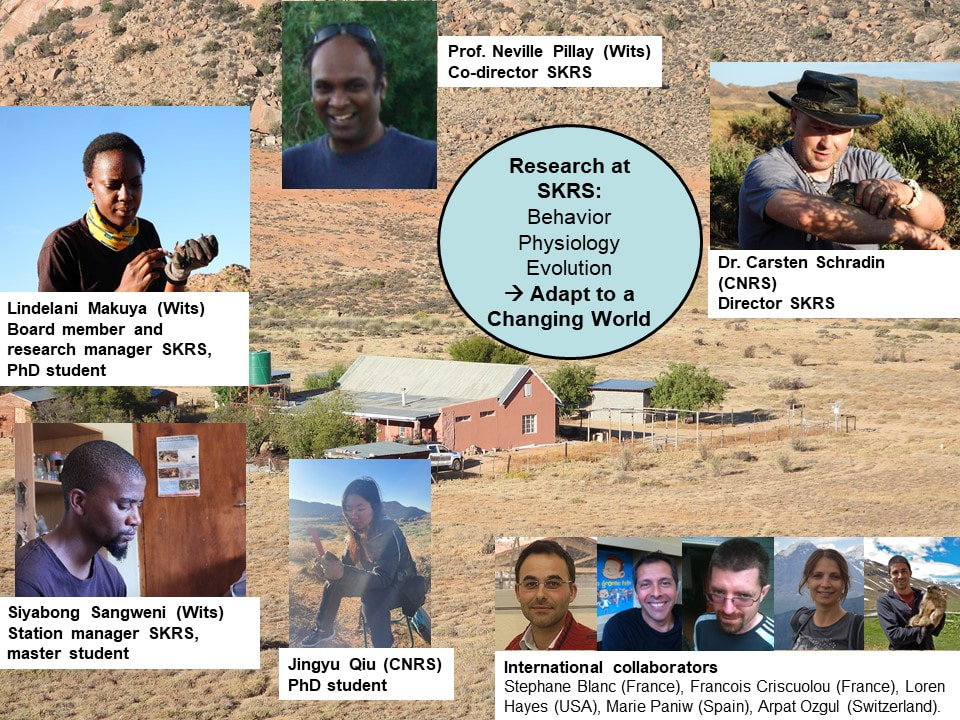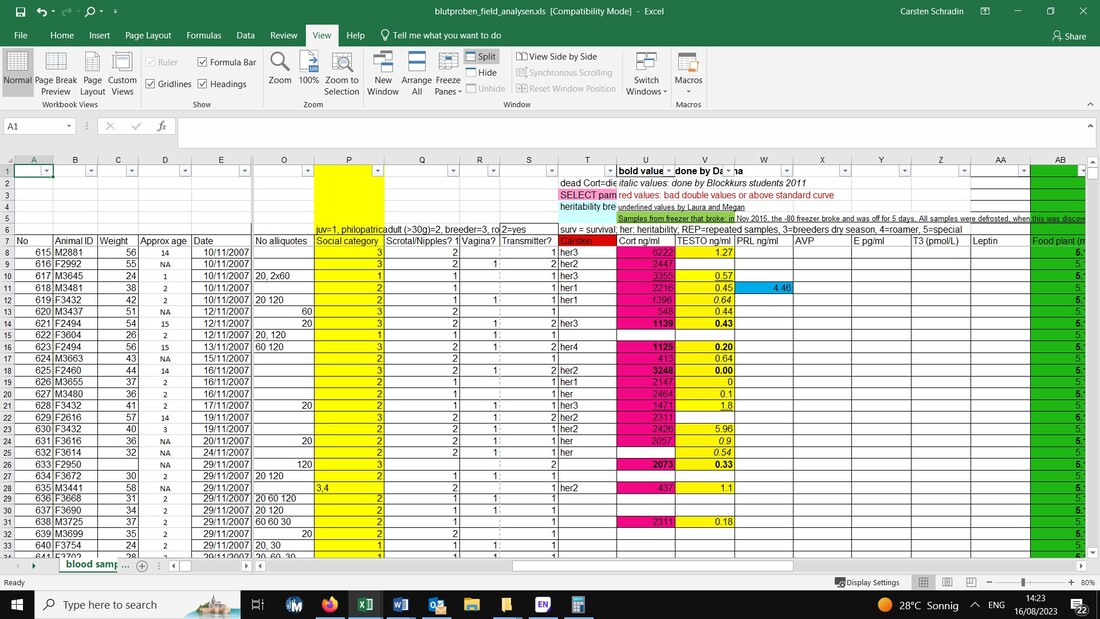SKRS is a registered South African Non-Profit Organisation.
It does no not get an annual budget from any other institution, but its board members have to find extra funding.
To be scientifically productive, one needs more than money: Motivation, endurance and fascination.
It does no not get an annual budget from any other institution, but its board members have to find extra funding.
To be scientifically productive, one needs more than money: Motivation, endurance and fascination.
Existing and past collaborations
Past Collaborations
|
Possibilities for Collaborations
What We do offer
Access to the research station (fee for accommodation
Access to the field site (Research fee charged) Access to long-term databases and samples for analysis (you have to pay for transport and analysis):
what we expect
What we cannot offer
SKRS is a registered non-profit organisation. It does no not get an annual budget from any institution, but has to find its own funding. Thus, SKRS cannot provide you with:
|
Succulent Karoo Research Station
Registered South African non-profit organization
Goegap Nature Reserve
PO Box 541
8240 Springbok
South Africa
Registered South African non-profit organization
Goegap Nature Reserve
PO Box 541
8240 Springbok
South Africa


